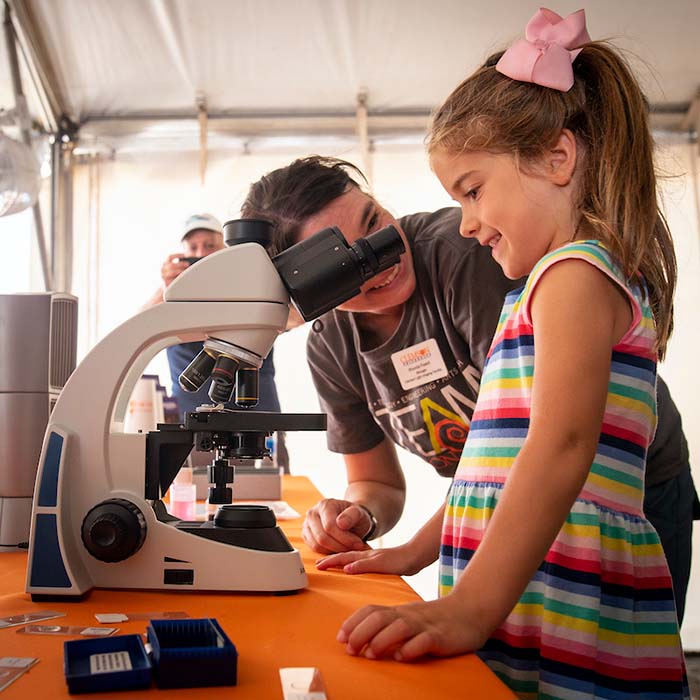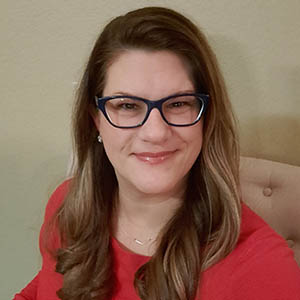-
Academics
- Academics Overview
-
Undergraduate
- Undergraduate Overview
- Agricultural Education
- Early Childhood Education, B.A.
- Elementary Education, B.A.
- Middle Level Education, B.S.
- Mathematics Teaching, B.S.
- Modern Languages Education, B.A.
- Special Education, B.A.
- Secondary Education, B.A.
- Science Teaching, B.S./B.A.
- Athletic Leadership Minor
- Human Capital Education and Development
-
Master's and Specialist Programs
- Master's and Specialist Programs Overview
- Athletic Leadership (Online)
- Counselor Education
- Educational Leadership
- Human Resource Development
- Learning Sciences
- Literacy (Online)
- Middle Level Education, MAT
- Modern Languages, MAT
- Secondary Education, MAT
- Special Education (Online)
- Student Affairs
- Teaching and Learning (Online)
- Teaching and Learning, Ed.S.
- Doctoral Programs
- Certificates | Endorsements | Licensure
- Expressway to Tiger Town
- Bachelor's To Master's | Teacher Residency
- Teaching Fellows
- Research
- Programs
- Students
- About
STEAM Education Certificate
“Earning a STEAM certificate from Clemson University has helped me to better understand lesson design based on real-world problems. This promotes student problem-solving by integrating science, technology, engineering, the arts and math. Understanding this has also enabled me to lead educators on my campus as we implement a schoolwide STEAM initiative benefitting students with increased opportunities to grow their collaboration, communication, critical thinking, and creativity skills.”
Lisa Chester Rubio, M.Ed.Digital Learning CoachFrisco Independent School District Frisco, Texas
The STEAM Education Certificate provides teachers with the ability to infuse STEAM practices in their classrooms. STEAM is a transdisciplinary approach for engaging all learners to solve real-world problems. The four-course sequence equips teachers with skills to create, implement, reflect, and assess students engaged in STEAM units. This Certificate is appropriate for K-12 teachers of all content areas. STEAM education is an innovative approach to teaching in the K-12 setting. This transdisciplinary approach engages learners to solve real-world problems through STEAM problem scenarios. STEAM education has demonstrated much success in re-engaging learners and teachers through problem-based approaches.
-
Program Goals
The STEAM Education certificate builds a conceptual foundation that prepares teachers, instructional coaches and technology integration specialists to design and implement STEAM instruction in classrooms using a transdisciplinary approach. This certificate program is designed to meet outcomes such as:
- Conceptualize STEAM education through the adoption of a research-based instructional model
- Design a STEAM instructional unit focused on authenticity, relevance, inquiry and problem-based learning
- Explore and integrate student-centered technologies in STEAM teaching, learning and assessment
- Develop formative and summative assessments aligned with STEAM learning objectives
- Implement and reflect on STEAM teaching
-
Admission Requirements
Applying to the Program:
The STEAM Education Certificate only admits students for a fall entrance term.Apply by submitting a Graduate School application.
Application Deadline:
The application deadline is August 1 or until the program is at capacity. Please email Julie Jones (jgambre@clemson.edu) to verify the program has open seats prior to applying.Application Requirements:
Applicants must currently be working in a formal or informal education settingAll application materials must be submitted by the application deadline. Application materials include:
- Unofficial transcript(s) - official transcript(s) will be required upon acceptance
- Current resume/vita
- A brief personal statement about why you are interested in pursuing this certificate
-
Program Requirements
The STEAM Education Certificate requires the completion of a four-course sequence. All courses are three credit hours and are taught asynchronously online. Courses must be completed in order following the sequence listed below:
ED 8700 STEAM Instructional Design (fall)
Focuses on STEAM instructional design for teachers, including subject-matter alignment, discipline integration, and ways to employ problem-solving skills. Emphasizes STEAM-based practices such as problem-based, inquiry-rich, authentic tasks, and ways to integrate technology across the curriculum.
ED 8710/8711 STEAM Transdisciplinary Teaching (spring)
Focuses on STEAM-based instructional approaches, including the ways in which teachers structure the classroom environment, tasks, and resources to facilitate deep learning. These instructional approaches include problem-based, student-driven, authentic tasks, and technology integration, and supports for equitable participation.
ED 8730 STEAM Assessment (summer)
Focuses on assessment practices the support learning, including the iterative process of refining instruction and evaluating learning in a real-world context using multiple forms of data. Assessment types include authentic, embedded, incorporate regular feedback, and drives adjustments to teaching.
ED 8720/ED 8721 STEAM Enacted and Evaluated (fall)
Focuses on the ways to implement the STEAM teaching beyond the classroom to create leaders in the pedagogy. Emphasizes evaluation, feedback and changes in practice, and examines and utilizes the STEAM Observation to help school teachers understand STEAM teaching and learning. -
Financial Information
Tuition and Fees
The STEAM Certificate is offered at our tier three online tuition rate - approximately $519 per credit/$640 per credit hour with fees.*South Carolina Teacher Incentive
The STEAM Education Certificate offers a South Carolina Teacher Incentive reducing tuition by 10% for all South Carolina K-12 teachers/leaders.Financial Aid
For information regarding financial aid, please contact the Office of Student Financial Aid.* Tuition and fees are subject to change. The information provided on this webpage is only an approximation.
-
Find Out More
For more information about this program, please contact Julie Jones at jgambre@clemson.edu


